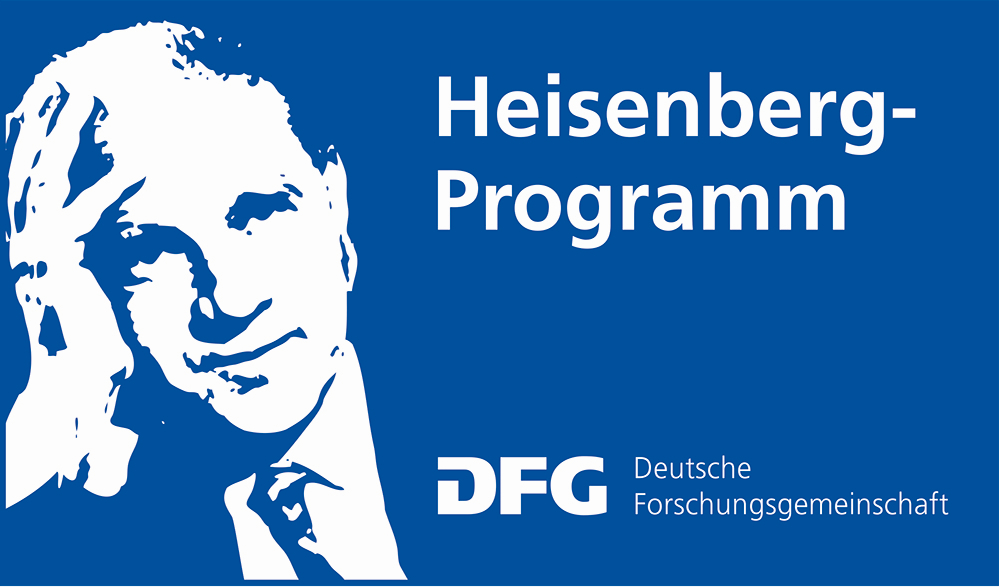Research
Imaging in neurological autoimmune diseases
Neuroimaging is a non-invasive and versatile instrument in the study of neuroimmunological diseases. Our lab focuses on magnetic resonance imaging (MRI) and uses structural and functional MRI to identify imaging biomarkers as well as disease-specific alterations of brain structure and function. We apply established imaging analyses, such as volumetry or seed-based functional connectivity analysis, as well as machine learning techniques and novel approaches that investigate the temporal dynamics in functional connectivity or extract functional connectivity ‘fingerprints’ inherent to individual participants. We have also implemented diffusion-weighted imaging techniques, including DTI with tract-based spatial statistics and ROI-based assessments, deterministic and probabilistic white-matter tractography, and structural connectome analyses, to investigate the link between MR microstructural damage patterns and their inflammatory and neurodegenerative correlates. Our clinical populations include patients with autoimmune encephalitis, multiple sclerosis, and neuromyelitis optica spectrum disorder.
Cognitive Assessment Tools
Digital tools have shown great potential to improve cognitive assessment and training. In one line of study, we develop and apply Virtual Reality paradigms with varying degrees of immersion to assess cognitive function, with a focus on spatial and memory domains. Several ongoing studies investigate the diagnostic and rehabilitative power of these paradigms in clinical deficits of varying etiology, including inflammatory, neurodegenerative and autoimmune pathologies.
For more information, please see the following links:
- VR4Cognition (https://vr4cognition.com/)
- VReha – Virtual Worlds for Digital Diagnostics and Cognitive Rehabilitation (https://www.vreha-project.com/)
- BRAIN – Brain Rehabilitation Assessment and InterventioN: Digital diagnostics and rehabilitation for cognitive impairments in multiple sclerosis (https://virtual-rehab.org/2019/wp-content/uploads/2019/07/Submission_P15.pdf)
Spatial Memory Consolidation Networks
As part of the Collaborative Research Center 1315 on “Mechanisms and disturbances in memory consolidation: from synapses to systems” (Project B05 PIs Finke/Ploner; www.sfb1315.de), we study navigation abilities and dynamic changes in spatial memory representations over time (consolidation). We investigate healthy controls and complimentary clinical models of transient and permanent hippocampal dysfunction (e.g. anesthesia, medial temporal lobe surgery and transient global amnesia) to disentangle hippocampal and neocortical contributions to consolidation of spatial representations. To this end, we use behavioral virtual reality paradigms with varying degrees of immersion as well as EEG and fMRI.
Clinical Neuropsychology
Impairments of cognition and perception can be both the earliest signs and the longest lasting symptoms of brain damage. Our work ranges from clinical assessment of cognition to the development of new tools. We continuously assess neuropsychological performance on tests of memory, attention, perception, language, executive functions, and motor skills. This helps us to describe long-term consequences of brain damage – and identify routes to support the recovery.
Development of Novel Imaging Biomarkers
MRI is a powerful tool to help us understand more about functional and structural damage in neurological disorders. A large aspect of our clinical research involves optimizing the amount of information we can gain from MRI scans that are collected as part of the clinical routine. We also work on developing and applying new quantitative MRI scans and techniques to investigate structural damage and we explore novel analyses methods such as myelin mapping and fractal dimension estimation.
Cognitive Deficits in Cancer Patients
Cancer-related cognitive impairment (CRCI) is increasingly recognized as important complication in cancer patients and will become even more relevant given the growing number of long-term survivors. It is now clear that CRCI frequently occurs before and independently of cancer treatment. In several projects, we study the association between cancer-related autoimmune mechanisms and cognitive deficits in patients with cancer. First results highlight a high prevalence of neuronal autoantibodies (22-25%) in cancer patients. Importantly, these antibodies are associated with significant cognitive impairment affecting memory, attention, and executive function.
Animal Models
Complementary to our MRI studies in patients with neurological disorders, we also conduct MRI research in animal models of disease. Animal models allow us to experimentally manipulate aspects of diseases that we could not test in humans, in order to answer questions about what MRI can tell us about microstructural changes in disease and to unravel the associations of structural and functional MR markers with pathophysiology.
Funding





